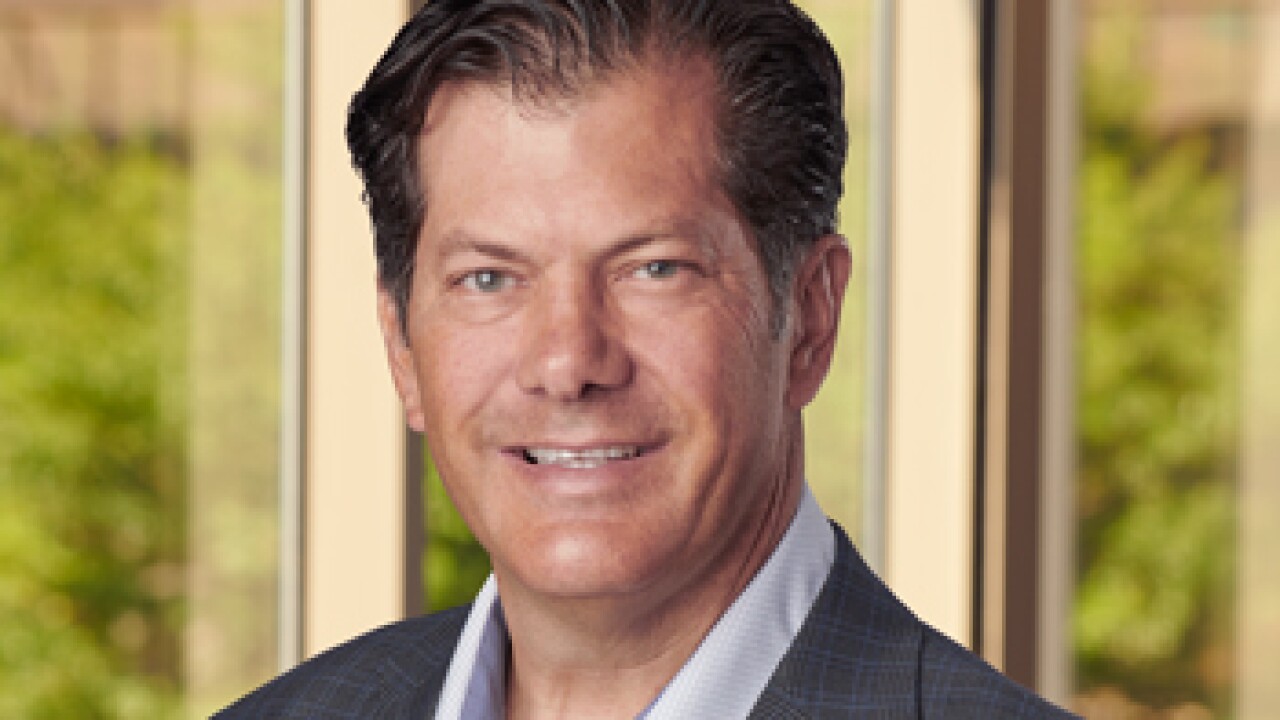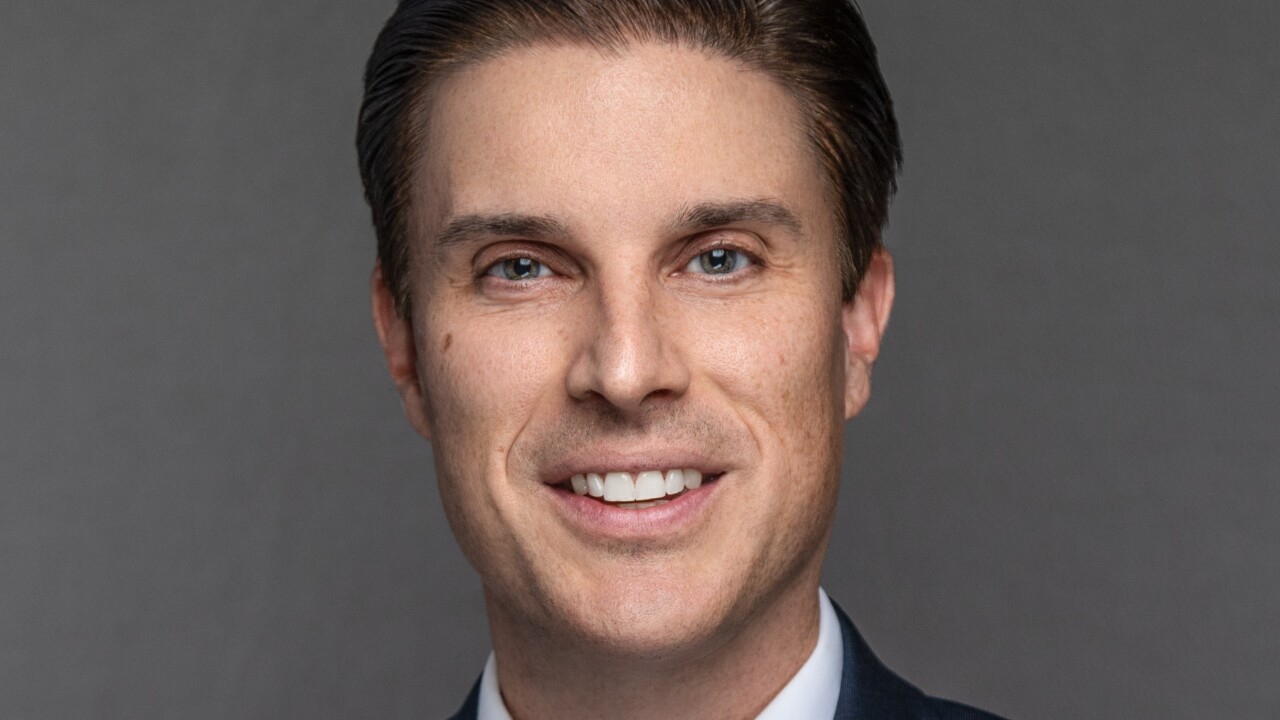A new report from the Public Company Accounting Oversight Board indicates that auditing firms have apparently ignored or forgotten the lessons that came out of the Bernard Madoff scandal and similar financial frauds of recent years.
The PCAOB released an
Among the troubling array of problems uncovered during the inspections were independence conflicts and deficiencies with customer protection and net capital rules.
In 13 of the 23 audits, the PCAOB inspections staff found that firms did not perform sufficient procedures to identify, assess and respond to the risks of material misstatement of the financial statements due to fraud. In 10 of the 23 audits, the inspections staff discovered that auditing firms did not perform sufficient procedures to identify the existence of related parties and material related-party transactions, or in instances where evidence of related parties existed, the auditors did not perform sufficient procedures regarding material related-party transactions.
SEC rules on auditor independence apply to audits of brokers and dealers, even though many audit firms continue to follow older, looser rules from the American Institute of CPAs that allow auditors to provide services such as the initial preparation of a broker’s financial statements and footnotes. In two audits, the PCAOB inspections staff found that a firm failed to maintain independence in accordance with the SEC rules. In each case, the failure resulted from the firm preparing, or assisting in the preparation of, the financial statements that were being audited.
Such findings demonstrate that firms failed to learn from the independence problems demonstrated by Madoff’s old accounting firm, Friehling & Horowitz, the tiny New City, N.Y., firm that failed to do any real audits of its biggest client’s fabricated trading records.
In a worrisome indication that auditing firms are ill prepared to deal with situations like the more recent MF Global and Peregrine Financial Group scandals, in which customer funds were apparently raided by the securities firms and used for their own trading activities, for two of the nine audits of brokers and dealers that were required to maintain a customer reserve, PCAOB inspections staff found that firms failed to verify that the special reserve bank accounts were designated for the exclusive benefit of customers and that the account agreements contained the required restrictive provisions.
The PCAOB plans to continue its interim inspection program until rules for a permanent inspection program take effect next year or perhaps later. Any hopes that the PCAOB will decide to exempt smaller firms from such inspections, even if their clients provide only originating services, appear to be fading, assuming that the inspections continue to uncover such problems.
The AICPA and some members of Congress had written to the PCAOB last year asking to exempt firms that audit “introducing broker-dealers” as opposed to “clearing, carrying and custodial broker dealers,” who are more likely to handle client funds (see
The board has adopted rules for assessing and collecting a portion of its accounting support fee from brokers and dealers to fund its oversight of audits of brokers and dealers. That extra money will surely be needed to carry out the additional inspections. Given the results of the audit inspections so far, the investing public will need the extra assurance of PCAOB inspections, if only to avoid further scandals along the lines of Madoff, MF Global and Peregrine.





